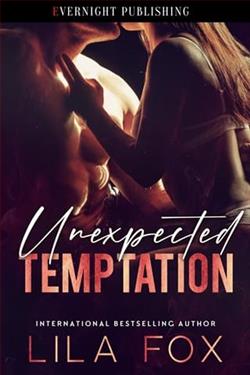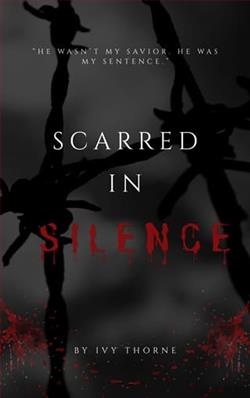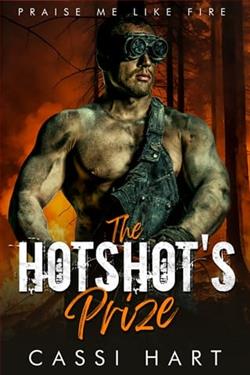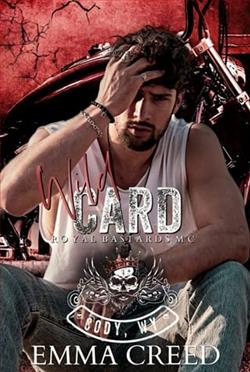Page 64 of Chilled
As she drove up the road, Brenna could see glimpses of the levy, imagining the swollen waterway churning huge clumps of ice and muddy water in a thrust to move downstream. “I’m surprised the Mayor and FEMA haven’t ordered a mandatory evacuation yet.”
“Do they do that often?” Nick’s gaze drifted toward the levy.
“After the flood of ’97, they haven’t hesitated to clear the town when the river gets this high. It’s probably only a matter of time, and they’ll have the emergency management teams issuing the mandate.”
Nick stared out the side window. “That’ll make our jobs a lot harder.”
As Brenna neared the simple two-story white house, with the wide, welcoming front porch, she looked at it with a critical eye. It needed paint, and the corner of the porch sagged. “My grandfather farmed this land all his life.”
“Does your family still own it?”
“No.” A cold ache of regret rode hard in her stomach as she neared the driveway leading up to the house. “My father was my grandparents’ only child. He had no desire to go into farming, preferring a career in law enforcement.”
“Didn’t his father try to convince him to stay?”
“No. My grandfather didn’t want to force my father to do something he didn’t want. He'd tell us if you don’t love farming, you’ll never be good at it.”
“They sold?”
“When my grandfather was seventy-two, he and my grandmother sold the farm and moved to Florida.” She remembered standing with her mother and father on the porch of the empty house, waving goodbye.
“Are they still alive?”
“No.” She hadn’t realized how much she missed them until she stared out at the white clapboard house visible in the headlights. The new owner had built a cavernous metal barn to replace the old wooden one that had burned. It looked new and modern, a stark contrast to the century-old home.
“Who lived in those houses?” Nick pointed farther up the road, where lone security lights marked the driveways of other homes scattered along the road.
“My grandparents’ neighbors.” She smiled. “We’d stay out here for a couple of weeks in the summer and play with the kids who lived up the road.”
“Do you remember any of them?”
“Yes.” Brenna’s lips twisted. “One of them married my sister. My brother-in-law used to live in the house next door.”
“Were they farmers, too?” Nick glanced at her, a little smile lifting the corners of his mouth.
Brenna liked talking with him about her past. His smooth baritone lulled her into recalling memories she’d thought long forgotten. “I think his father farmed, but he died in a freak farming accident when Stan was really young. His mother sold the land but kept the house. She was a hard woman. I guess having to raise a son alone can do that to you.” Her mouth pressed into a tight line.
“You don’t like Stan?”
She thought about lying, but figured Nick would see through her. “Not really.”
“Why?”
“I don’t know.” Brenna shrugged. “Maybe it’s because I think my sister could’ve done so much more with her life if she hadn’t married Stan. She could’ve had a career.”
“Maybe that wasn’t what she wanted.”
“I suppose.” She tapped her thumb against the steering wheel. “Alice is a beautiful woman who was always the best at everything in school. She could’ve done so much more.”
“But she chose to stay in Riverton and be a full-time wife and mom.”
“Yeah.” Now that she looked back, it all sounded silly. But Brenna had looked up to her sister and had had higher aspirations for her than Stan Klaus.
“And you resent Stan for that?”
“I suppose I resent him for asking her to marry him when she hadn’t had a chance to explore what the world had to offer.”
“Not everyone wants the same things.”















